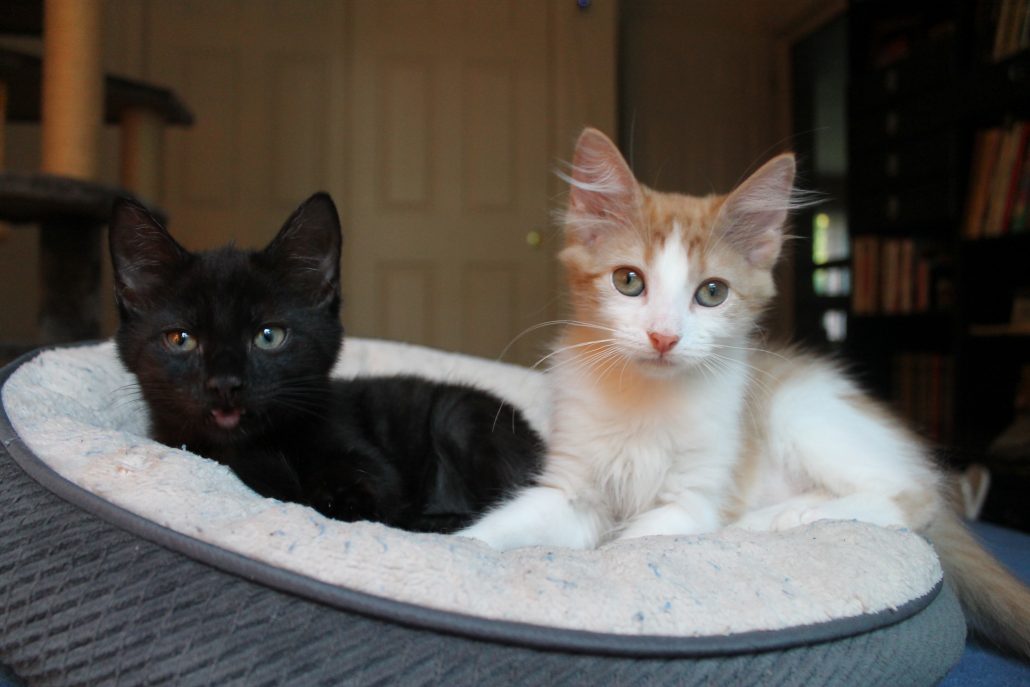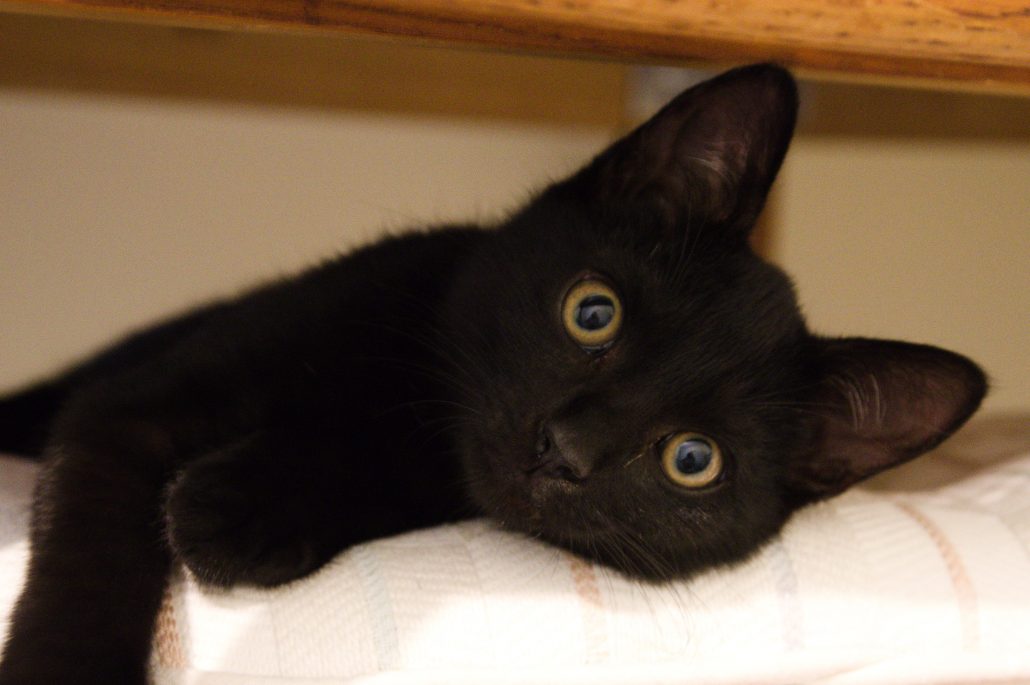By Angela Latham Kozlowski

Photo Credit: Helen Woods
Years ago, prior to the COVID-19 pandemic that led to an explosion in pet ownership, Laurel was overrun with feral cats. A nonprofit organization grew in response to the overwhelming number of outdoor felines and a cat-friendly plan was conceived. An army of volunteers, themselves cat-friendly folks, began trapping cats to be spayed and neutered.
A low-cost, boutique animal surgery clinic Spay Now in Grasonville sought to open a second and much needed clinic in Laurel, a search facilitated by a receptive city government. Once open at 7401 Van Dusen Road, many, many of the Laurel cats were spayed and neutered. By 2018, there was a 30% decline in the number of strays in the city.
Over the past three years, pet-loving people have sought to take advantage of the extra time at home by adopting or purchasing a furry friend. The boom in pet ownership has led to an increased demand for veterinary services, while the number of new veterinarians has not kept pace with the increase in pet ownership nor with the number of those retiring from the field.
Today, the Laurel Spay Now Animal Surgery Clinic continues to help meet the increased demand and need for surgical services in our region. The clinic, now owned by lead veterinarian Dr. Joy Lewis and her husband, Jeremy Lewis, is seeing between 120 and 130 patients a week.

Photo Credit: Helen Woods
Jeremy Lewis noted that the demand for veterinary services has increased about 50% since before the pandemic. Awed by the need for the clinic’s services, he speculated about the possibility of acquiring a bigger location in the future. However, he indicated that as new owners, they are not looking to make any changes to the business at this time.
The clinic is one of several places pet owners can take their cats and dogs for low-cost spaying and neutering. These services, together with other low-cost surgeries and services offered at Spay Now — including soft tissue surgical procedures and dentistry for both cats and dogs — has led to a waiting list of about 400 at the Laurel location.
As of the end of August, Jeremy Lewis noted, “the clinic is almost completely booked through the new year for spaying and neutering dogs and cats, as well as for dental services.” The booking schedule for the first three months of 2023 will open in October.
The clinic also works with many area rescues and shelters. Some first-time pet rescue owners or foster pet families will have, or have had, their new, furry friends spayed or neutered at Spay Now.
The affordability of the services provided by Spay Now remains a welcome relief to Laurel Cats, a local nonprofit dedicated to humanely reducing the number of free roaming, community cats in Laurel, according to its website.
Laurel Cats President Helen Woods has high praise for the work that Spay Now does in supporting its mission. The outdoor cat population has declined by about 50% since the start of their work approximately 10 years ago and continues to steadily decline. In fact, the results of the organization’s yearly winter census indicated that there were no known feral cat colonies that had not been spayed and neutered in any of the four Laurel zip codes, Woods noted, work that was done primarily by Spay Now.
According to Woods, the original Spay Now location in Grasonville allowed an overwhelming, burgeoning feral cat population in Laurel — the result of the stock market and housing crisis of 2008 and the resulting mass evictions which led to many pets being abandoned — to be humanely reduced thanks to its more financially accessible pricing for spaying and neutering. Since the Laurel location opened, the group continues to bring outdoor cats in for the low-cost surgeries and vaccinations,
Woods is quick to praise both Dr. Kate Howard who started Spay Now with her husband, Brad, in Grasonville in 2008 and Dr. Joy Lewis for the tremendous impact their clinics have on the humane management of these community cat colonies.
However, Woods noted, for as busy as the clinic is now, the current economy and looming rent increases can lead to a situation where there could be a tremendous number of evictions and another tremendous number of abandoned animals. A situation similar to what led to the overwhelming number of outdoor cats over a decade ago.
Woods said Laurel Cats had received a call about a couple of stray cats, one neutered and the other, a female, not spayed, that were found and trapped near a restaurant off Johns Hopkins Road by a volunteer. Two kittens were also seen but not trapped, and a stakeout was planned.
After interviewing employees near where the kittens were last seen, traps were set. Woods indicated that, “if the kittens are not too old yet, they could be socialized to live indoors. We will not know until we catch them and have them checked out what the next steps will be.”
First, the kittens must be caught.







